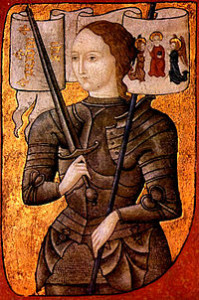Mr. W is a grade school teacher. When I knew him, over twenty years ago, he was witty and fun and adored by students and parents alike. His classroom was orderly, and his pupils appeared happy and successful.
 I asked him one day—“How do you do it? In a growing culture of disrespect, how did you foster such a great attitude in your students? What’s your secret? Do you eat Wheaties for breakfast or something?”
I asked him one day—“How do you do it? In a growing culture of disrespect, how did you foster such a great attitude in your students? What’s your secret? Do you eat Wheaties for breakfast or something?”
“That’s easy,” he said. “I’m not Mr. Nice Guy for at least the first two weeks of school. I’m very strict. Yes means yes, and no means no—right away. If I say something and a student isn’t responding, I’m moving in his or her direction. I don’t raise my voice or get rough. Yet in short, I’m establishing my authority. Once that’s in place, the rest is easy.”
At least that’s how I remember his answer.
 Another friend of mine graduated with a degree in Elementary Ed and took her first teaching job in a small town. She was kind, smart, and organized, but that didn’t seem to matter. The kids plowed right over her. She could not sustain any authority. My frustrated friend changed careers.
Another friend of mine graduated with a degree in Elementary Ed and took her first teaching job in a small town. She was kind, smart, and organized, but that didn’t seem to matter. The kids plowed right over her. She could not sustain any authority. My frustrated friend changed careers.
Since the turbulent 60s, “authority” has had a bad connotation. As writers, we are instructed to avoid an authoritative tone because it sounds condescending. Better, they say, to have a come-alongside voice. While this may be true, whatever happened to a wholesome view of authority?Continue reading

















